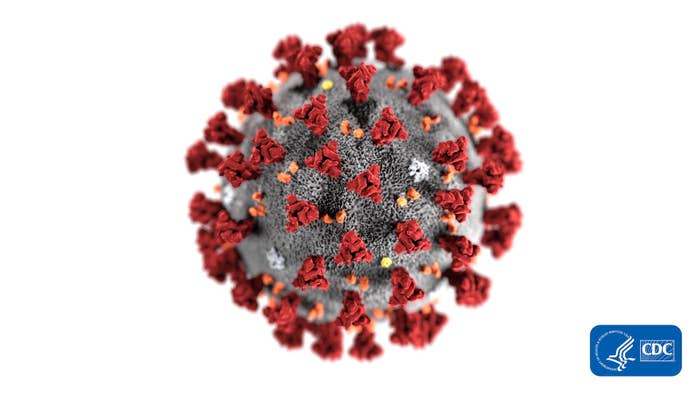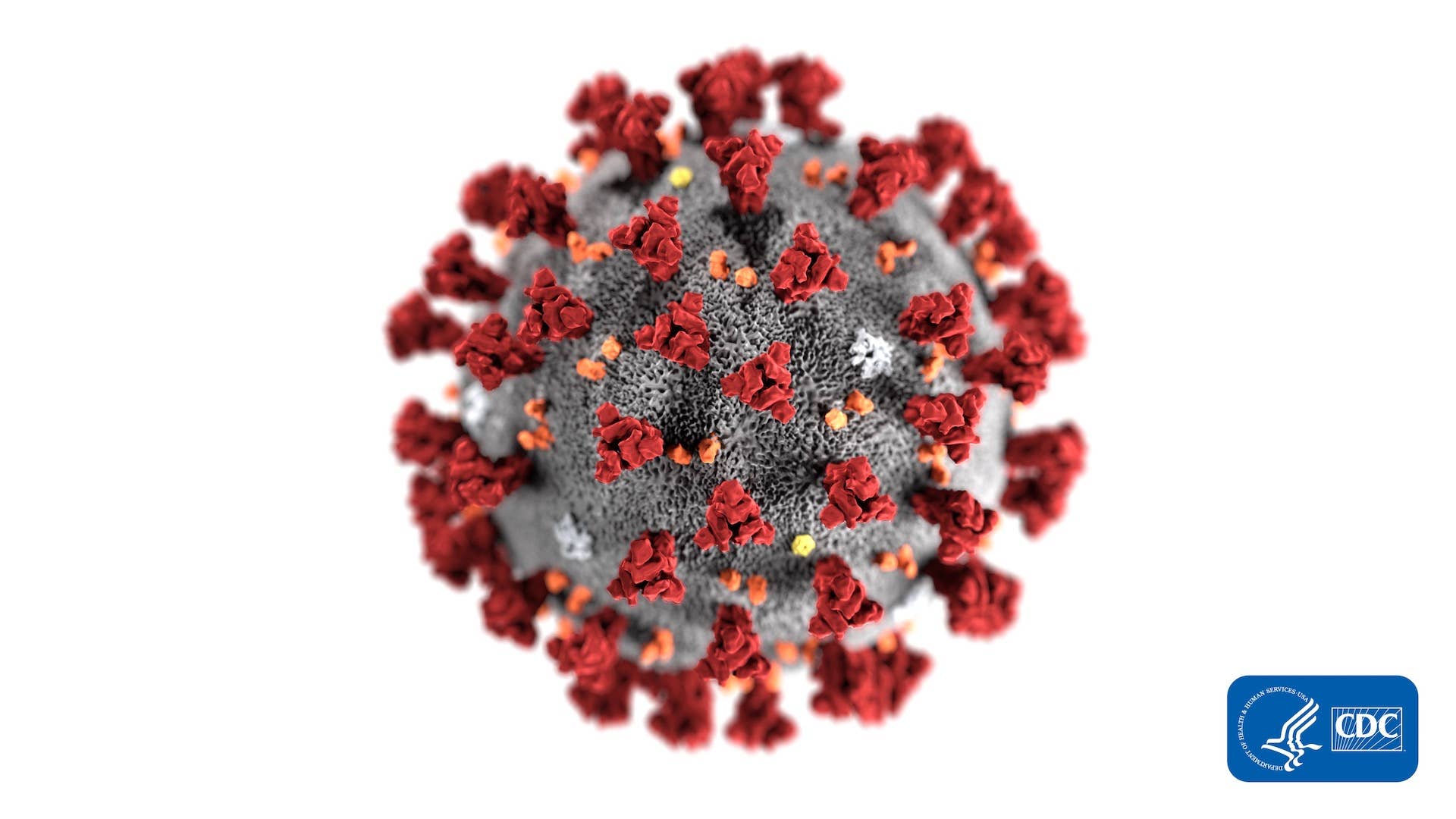
Researchers at the University of Louisville say they have developed a technology that could help in the fight against coronavirus.
The university announced Wednesday that the "breakthrough" technology is based on a piece of synthetic DNA, or an aptamer, that specifically targets a human protein called nucleolin. The aptamer was discovered by UofL researchers Paula Bates, John Trent, and Don Miller, who applied it as a possible therapeutic drug against a variety of cancers. They found that the aptamer prevented certain diseases, including COVID-19, from hijacking the nucleolin, thus preventing the diseases from replicating and taking over other human cells.
"Like many scientists, as soon as I heard about the new coronavirus, I wanted to help and started to think about how my area of research might intersect with coronavirus research efforts," Bates, a professor of medicine, said in a press release. "I am fortunate to be at UofL, which is one of the few places in the country where we have the facilities to do experiments using the SARS-CoV-2 virus."
The school is now seeking approval from the Food and Drug Administration to begin human testing. Bates told Louisville Business First that she and her colleagues are hopeful that they will receive the green light sooner than later, as the FDA previously approved the research for aptamers for cancer treatment studies.
"We don't yet understand fully how it works; but the theory is that [aptamer technology] works at multiple levels to stop the virus from getting into a cell and stop it from replicating ..." Bates said, before adding the aptamers were previously used in treating viruses such as HIV. "We assume that the approval will come much faster."

